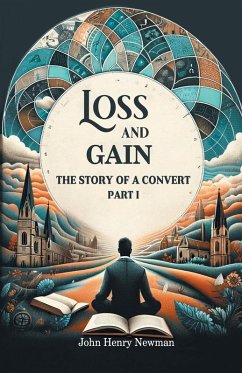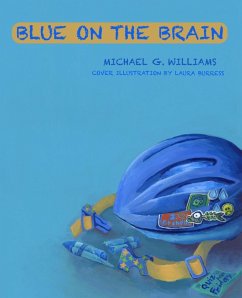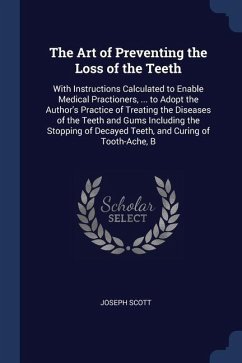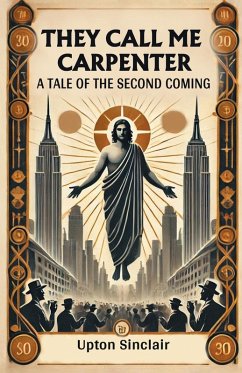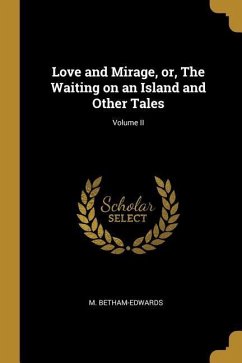
Loss And Gain The Story Of A Convert Part II
Versandkostenfrei!
Versandfertig in 1-2 Wochen
12,99 €
inkl. MwSt.

PAYBACK Punkte
6 °P sammeln!
"Loss and Gain: The Story of a Convert, Part 2" by John Henry Newman delves deeper into the spiritual and intellectual journey of Charles Reding as he navigates the complexities of religious conversion. The novel explores Charles's ongoing conversion journey with a focus on the intellectual struggle he faces, grappling with the differences between Anglican and Catholic doctrines. Throughout the narrative, friendship and influence play crucial roles as Charles interacts with friends and mentors who shape his evolving faith development. Despite encountering doubt and uncertainty, Charles persist...
"Loss and Gain: The Story of a Convert, Part 2" by John Henry Newman delves deeper into the spiritual and intellectual journey of Charles Reding as he navigates the complexities of religious conversion. The novel explores Charles's ongoing conversion journey with a focus on the intellectual struggle he faces, grappling with the differences between Anglican and Catholic doctrines. Throughout the narrative, friendship and influence play crucial roles as Charles interacts with friends and mentors who shape his evolving faith development. Despite encountering doubt and uncertainty, Charles persists in his quest for truth within the educational environment of intellectual debates and academic settings, which serve as both challenges and catalysts for his spiritual growth. The novel portrays Charles's journey through various crisis points, moments of inner conflict, and spiritual guidance from mentors who help him navigate these challenges. His path involves personal sacrifice and the discovery of a deeper vocation and calling within the Catholic Church, leading to a deeper integration into community life within the Catholic faith. Set against the backdrop of the historical context of the Oxford Movement, Newman's narrative style vividly captures Charles's transformation, employing literary techniques that highlight his inner struggles and the profound changes he undergoes. "Loss and Gain, Part 2" ultimately portrays a compelling narrative of spiritual discovery and personal growth amidst the tensions of religious identity and belief.




